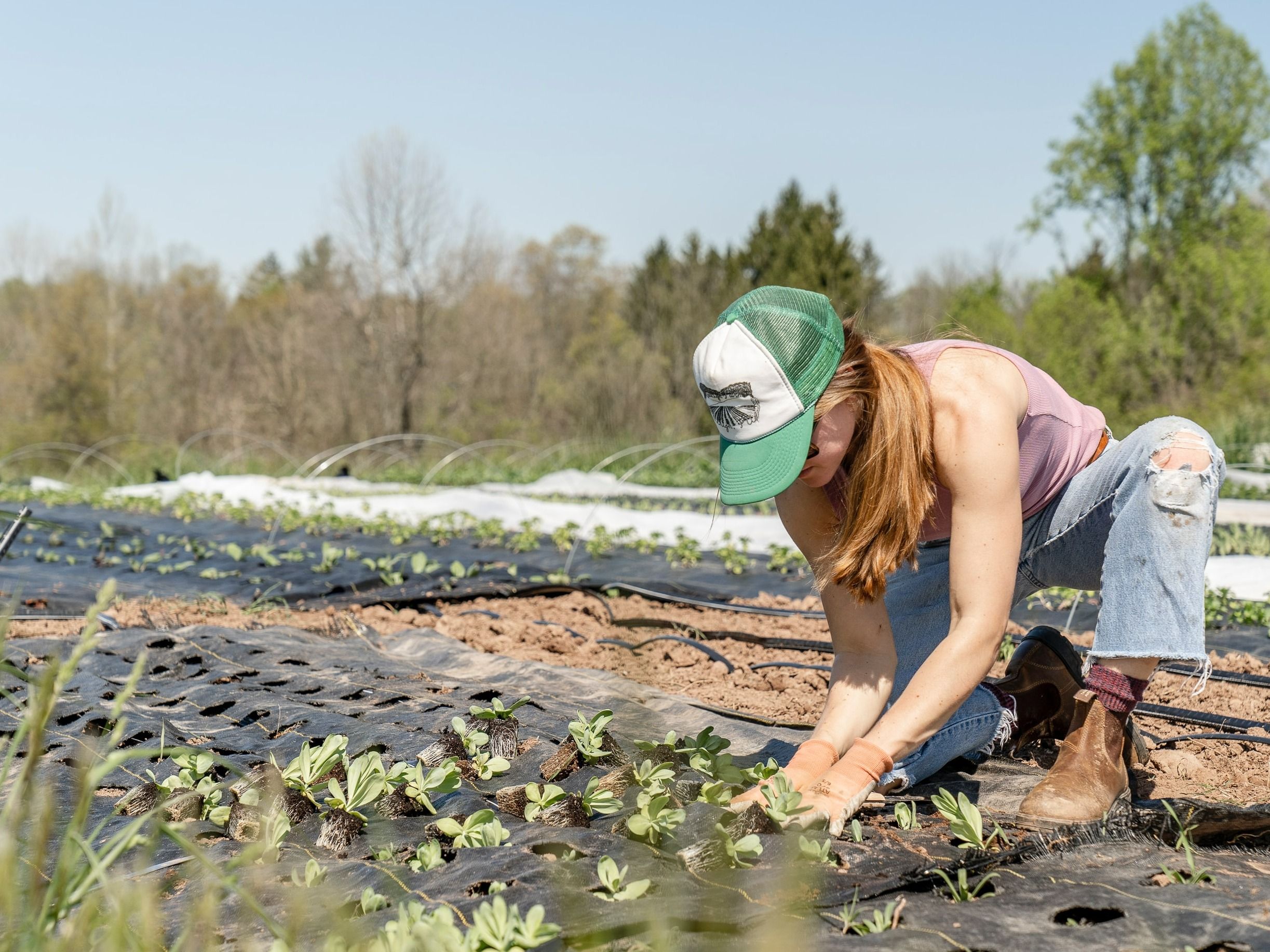Approved by curator

Added: Feb 01, 2021
Last edited: Jan 11, 2024
To improve nutrition, alleviate poverty, and convince people living in urban Quezon City to produce their own food which will be safer and healthier, the local government partnered with several departments, various NGOs, and Allied Botanical Corporation (ABC), to establish urban farms producing green leafy vegetables around the city.
There is a presisting mindset that farming is not compatible with the city. Meanwhile, due to many factors, there is also a growing concern that people living in urban areas are not getting enough access to safe and healthy diet.
The Quezon City government partnered with Department of Agriculture (DA), Department of Environment and Natural Resources (DENR), Department of Education (DepED), various NGOs, and Allied Botanical Corporation (ABC), a Filipino-owned seed and crop care products company, to implement the "Joy of Urban Farming" program.
The main objectives of the program are to improve nutrition, alleviate poverty, protect the environment by not using chemical fertilizers, and change the mindset of people that farming is not compatible with the city -- eventually trying to convince people to adopt the idea of cultivating their own, which will provide them with a safe and healthy diet.
The program is funded by the Vice Mayor’s office, while the DA and the DENR provide financial grants, and ABC supplies with planting materials.
The first demo farm was established in 2010 at the Quezon Memorial Circle. The farm used to be just a 750-square metres area but was moved to a better site in 2014, and now has an area of 1,500 square metres.
For creating additional planting spaces, recycled plastic soda bottles are used. Green leafy vegetables such as lettuce, pechay, and upland kangkong are commonly planted. Since they have shallow roots, recycled containers can be used. The three R's (reduce, reuse, recycle) principle is thus applied.
More than 43,000 individuals have visited the “Joy of Urban Farming”, and from three demo farms, the city now hosts 166 urban farms which can be found in different barangays (inner city neighbourhoods), public elementary schools, day-care centers, parishes, and even in areas maintained by the various non-government organizations (NGOs) from Districts 1 to 6 in Quezon City. It is expeted that all farms will become self-funding and sustainable in the long run.
In the near future, the local government of Quezon City might also be able to institutionalize urban farming through ordinances and appropriate programs to cover all the barangays in the city, including more elementary and high schools.
Photo by Zoe Schaeffer on Unsplash

Prioritise regenerative resources
Team up to create joint value
Regenerative water
Government collaboration
Water efficiency
Government programmes
Ecological Impact
Social Impact
Economic Impact
Increase Awareness
Jobs
Well-being
Revenue Potential
Scalability
Save Water (SDG6)
Biodiversity
Inform
Extra-curricular education
Manage
Infrastructure
Develop regenerative infrastructure
Mobilise
Visions and Ambitions
Metrics and indicators to measure progress
Govern the Transition
Cross-departmental collaboration and engagement
Incentivise
Direct Financial Support
Grant funding
Public-private partnerships
Public-civil partnerships
Awareness raising events
Economic Frameworks
2. Zero hunger
11. Sustainable cities and communities
12. Responsible consumption and production
15. Life on land
Regenerate
Reduce
Support closed-loop systems and cross-sectoral synergies
Promote solutions inspired and supported by nature
Design infrastructure and the built environment for resource efficiency
Support local low-impact circular economies
🍏 Organic urban and peri-urban agriculture
🍏 Strengthen urban-rural links within the food system
🍏 Edible green infrastructures
🍏 Resource-efficient food production
💧 Improving water infrastructure efficiency
urban agriculture
organic
asia
philippines
urban farming
healthy food production
healthy diet
